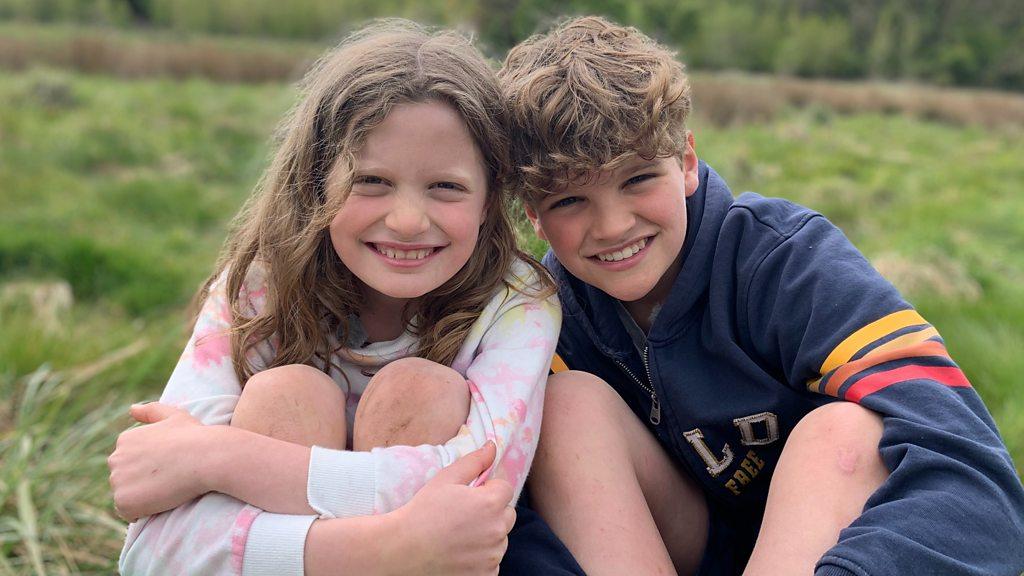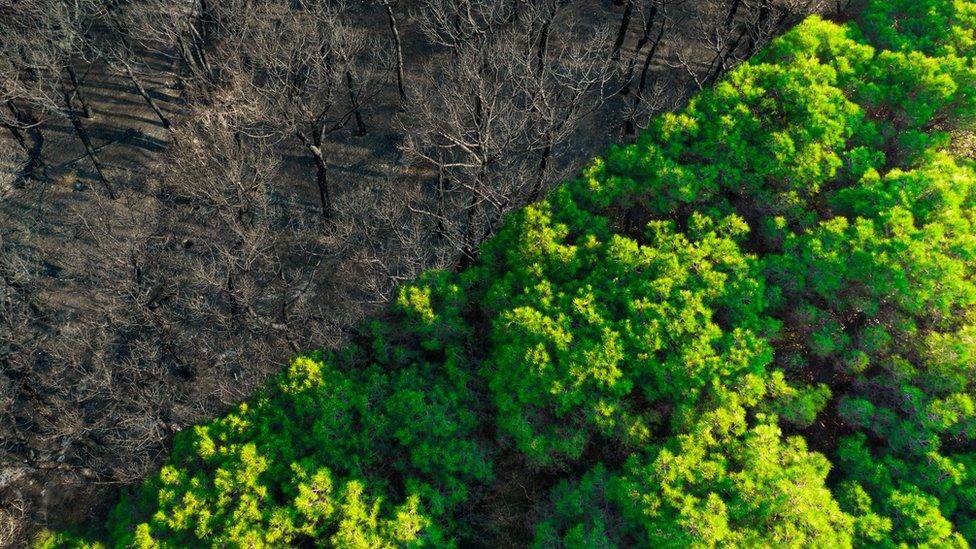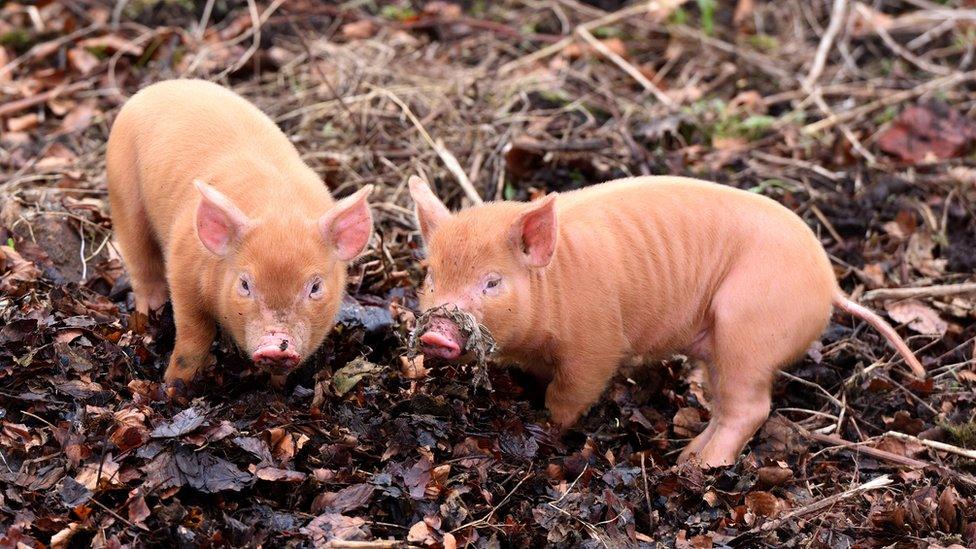Rewilding: Finding 'lost' pinewood trees in wild Scotland
- Published
- comments

Can these trees be rediscovered in the Scottish Highlands?
Wildlife charities in the Scottish Highlands are working together with the aim of finding and protecting the country's national tree.
There are 84 individual woodlands recognised in Scotland, together they are known as the Caledonian Pinewoods.
But the number of these woodlands, known as pinewoods, have reduced significantly over the years because of deforestation.
Now, Trees for Life and Woodland Trust Scotland say they have found more of these rare pinewoods, and they hope to protect these ancient trees for the future.
Their project is part of a larger plan to restore and rewild areas of the Scottish Highlands to its natural state.

This is what wild Caledonian pinewood trees looks like
Searching for Scotland's ancient trees
With less than 2% of Scotland's original pinewood forests left, finding a truly wild Caledonian pinewood is a tricky task and involves lots of detective work.
Trees for Life spokesperson Richard Bunting says: "One of the first steps our experts take is to check old maps, some around 500 years old, for records of wild pinewoods."
The team then make digital versions of these ancient maps, editing them to reflect how the landscape has changed.
When the explorers find a rare pinewood, they need to do a few more checks before they can confirm it's a genuine Caledonian pine.
Rewilding is a type of environmental conservation.
It is where nature is encouraged to return to an area that may have been damaged by human activity or by an event like a wildfire.
This can mean introducing plants and animals that used to live in an area, or encouraging new species of plants and animals to thrive.

Wildlife charities want to protect and restore the Scottish countryside.
"We need to work out if they are wild or if they have been planted by people," says Richard. "So we look at how natural the setting is - if the trees are around a big house, they might have been planted."
"We also look at the natural evidence, such as whether certain plants are growing there."
They team then take steps to protect the tree, for example working with those who own the land, or building fences around the tree to stop animals, like deer, from eating it.
- Published17 May 2021

- Published29 June 2023

- Published21 September 2021

